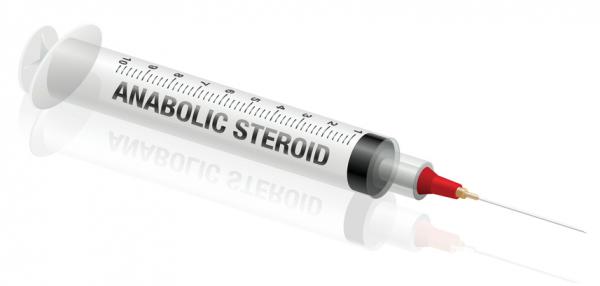Steroids Users Take Over Needle Exchanges

Gym junkies abusing steroids are now flooding needle exchange centres as the harmful body building drugs become the latest epidemic to grip Sydney, Australia.
New data reveals the number of steroid users accessing these centres has leapt 70 per cent in three years.
This has put steroid users ahead of heroin abusers in terms of the drugs reported last injected at the needle exchanges — almost on a par with ice addicts. The rise in steroid use is fuelled by image-conscious young men desperate to bulk up. They are injecting the illegal drugs despite grave health warnings.
The Daily Telegraph can reveal the use of performance and image enhancing drugs (PIEDs) has increased by 70 per cent in just three years in Western Sydney and by more than 50 per cent in southwestern Sydney.

In Western Sydney’s needle exchange program the rate of steroid abuse is 31 per cent, just 2 per cent lower than methamphetamines and 6 per cent higher than heroin.
Genesis Gym in North Parramatta’s manager Rob Tomasums has seen a serious increase in steroid use in recent years.
“In WSLHD’s annual needle and syringe program client survey, data indicates that, in 2016, methamphetamines and PIEDs were the most commonly reported classes of drugs last injected. Heroin was the third most commonly reposited drug last injected,” WSLHD HIV and Related Programs Unit manager Ashley Ubrihien said.
Canberra University expert Dr Scott Griffiths said steroid users were blind to the serious risks they are taking: “They don’t see themselves as injecting drug users, they say they really care about their health.”
“As with any illegal drug, consumers rarely know what they are buying or the health risks associated,” Drug Squad Commander Detective Superintendent Tony Cooke said.
North Parramatta Genesis Gym manager Rob Tomasums, 27, said he had noticed a shift in steroid use: “You see 19-year-old boys and you know they can’t be that big naturally. Steroids have always been part of the bodybuilding scene but now there are gyms everywhere they are a lot more popular.”
Story courtesty of The Daily Telegraph

